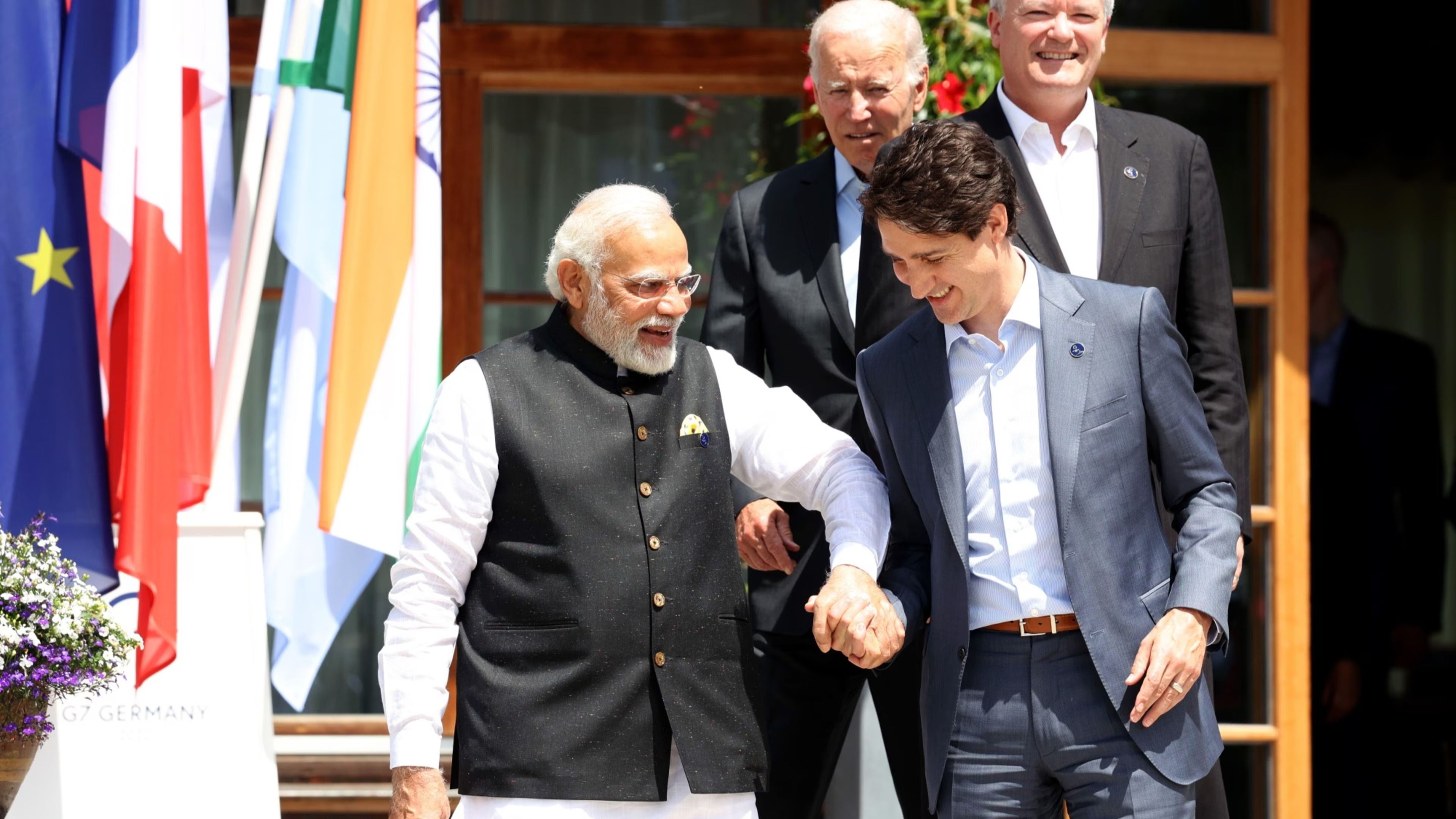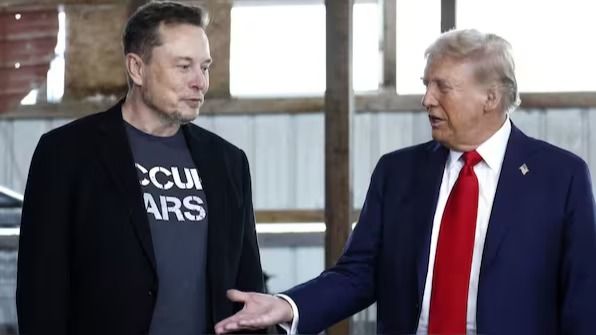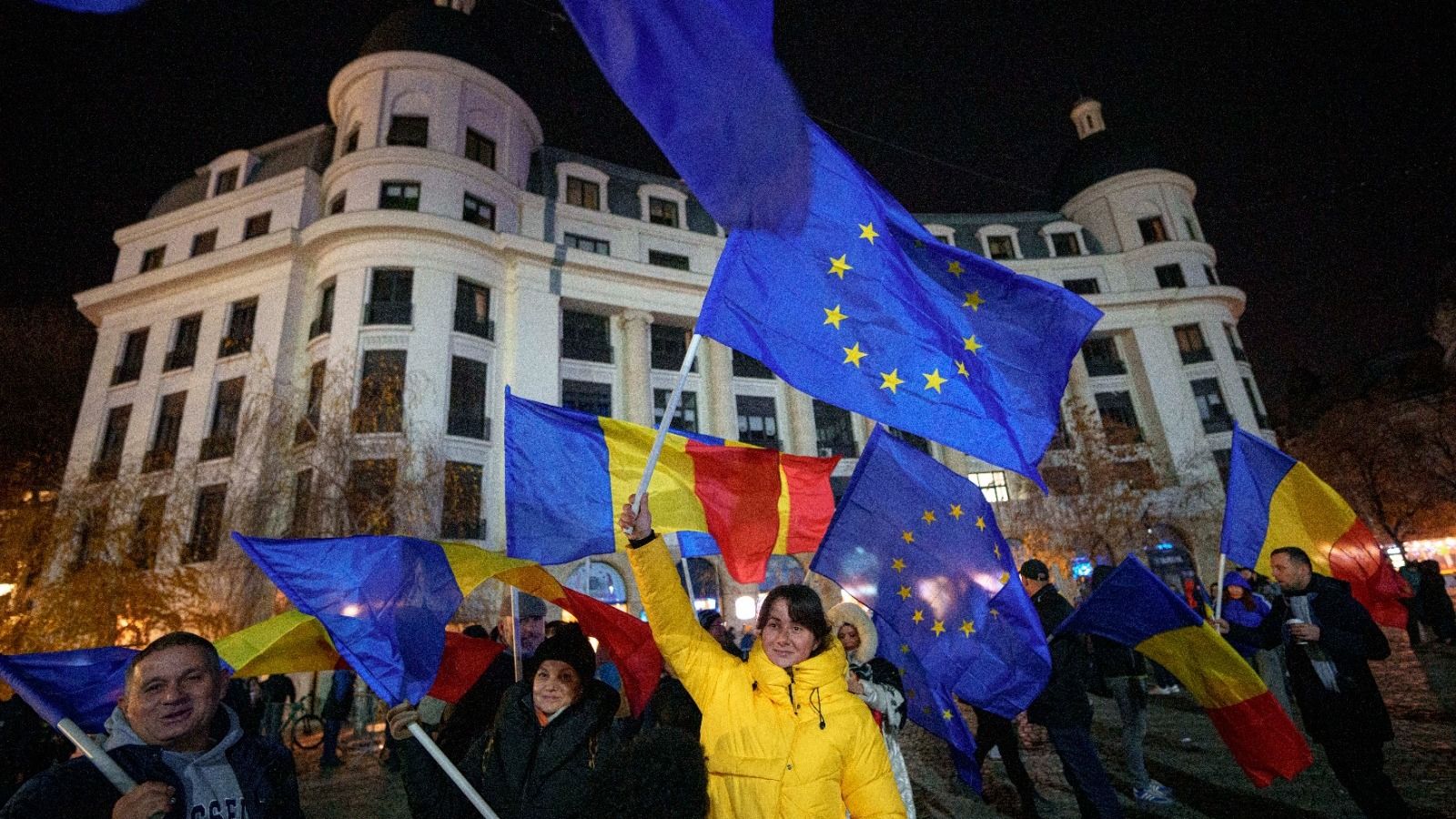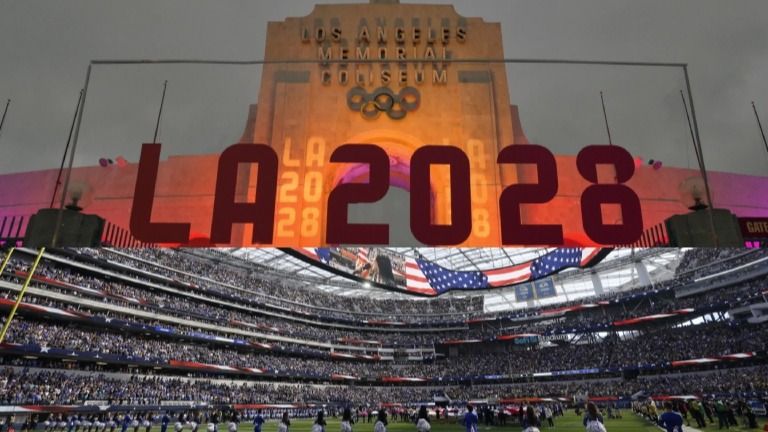In a significant development in the ongoing diplomatic tensions between India and Canada, New Delhi has withdrawn its High Commissioner, Sanjay Verma, and several other senior diplomats from Canada. This move comes after Canada’s current regime, led by Prime Minister Justin Trudeau, linked Indian officials to the killing of Khalistani separatist Hardeep Singh Nijjar. The withdrawal signals the deepening of a diplomatic standoff between the two countries, potentially pushing their already strained relationship to a new low.
The Diplomatic Rift: What Happened?
The diplomatic fallout began when Canadian authorities, in September 2023, accused Indian government agents of being involved in the murder of Hardeep Singh Nijjar, a Canadian citizen and pro-Khalistani figure, who was shot dead in British Columbia. Since then, the Trudeau government has consistently asserted that there is “irrefutable evidence” linking Indian officials to the killing, which took place on Canadian soil. However, India has strongly denied these allegations, labeling them as “preposterous” and part of a “political agenda” pursued by Trudeau’s government.
On October 13th, Canada conveyed to India that “Indian High Commissioner and other diplomats are ‘persons of interest’ in a matter related to an investigation in Canada”.
In response to Canada’s actions, India’s MEA, issued a statement and then summoned Canada’s Charge d’Affaires. After that, India made the bold decision to recall its top diplomat from Ottawa, indicating a significant breakdown in trust. The Ministry of External Affairs (MEA) issued a statement saying that it had “no faith in the current Canadian Government’s commitment” to ensuring the safety of Indian diplomats. “In an atmosphere of extremism and violence, the Trudeau Government’s actions endangered their safety,” the statement added.
Implications for India-Canada Relations
1. Rock-Bottom Diplomatic Ties
With the recall of High Commissioner Sanjay Verma, diplomatic relations between India and Canada have effectively hit rock bottom. This is a rare move in diplomacy, reserved for moments of extreme tension between two nations. High commissioners and ambassadors are the highest-ranking diplomats, and their withdrawal sends a clear signal that India no longer feels it can engage meaningfully with the current Canadian administration.
Such a decision is not just symbolic; it also disrupts day-to-day diplomatic functions. With key Indian officials removed from Canada, bilateral communication will likely become more complicated, particularly in areas of trade, security, and cooperation. This diplomatic freeze could also slow down collaboration in multilateral settings, where the two countries often interact.
2. Impact on Trade and Economic Relations
India and Canada have substantial economic ties. In 2022, bilateral trade between the two nations stood at $10.5 billion, in goods and $8.74 billion, in services, with a focus on industries such as agriculture, pharmaceuticals, and education. However, the growing diplomatic rift could cast a shadow on these economic relations. Canadian businesses that rely on access to Indian markets might face uncertainty, while Indian companies operating in Canada may find the environment less conducive to business.
One particular area that could be affected is the technology sector. Canada has become a popular destination for Indian tech talent, and this diplomatic standoff might complicate visa processes and hamper skilled worker mobility. Moreover, investments and joint ventures in sectors like clean energy, infrastructure, and innovation could be slowed as tensions between the two governments linger.
3. The Indian Diaspora in Canada
India has one of the largest diaspora communities in Canada, with over 1.6 million people of Indian origin residing in the country. This community is diverse, including professionals, students, and business owners who contribute to Canada’s economy and society. However, the recall of Indian diplomats might stir uncertainty among the Indian diaspora, especially in light of increasing tensions over the Khalistani issue.
The pro-Khalistani movement, which seeks a separate Sikh state carved out of India, has long been a thorn in India-Canada relations. The Indian government has repeatedly expressed concerns about how Canada has allowed separatist movements to thrive. With this latest move, India is drawing a clear line, demanding that Canada take stronger action against such groups. However, Canada’s unwillingness to act against these extremists, may put members of Indian diaspora at risk. In the past, some Hindu temples in Canada have been targeted by Khalistani extremists.
4. Security Concerns and Extremism
India has directly accused the Trudeau government of supporting extremism and separatism through its inaction against pro-Khalistani elements. The MEA’s statement highlighted the dangers of “an atmosphere of extremism and violence,” suggesting that Indian diplomats and officials were at risk in Canada. The recall of the High Commissioner is a step that underscores India’s frustration with what it perceives as Canada’s reluctance to address extremism on its soil.
New Delhi has not ruled out further actions in response to the situation. “The Government of India reserves the right to take further steps in response to the Trudeau Government’s support for extremism, violence, and separatism against India,” the MEA stated. This suggests that India could potentially escalate measures, perhaps through sanctions or further diplomatic isolation, should the Trudeau government continue its stance.
What’s next?
While India has clearly expressed its dissatisfaction with Canada’s actions, both countries now face the challenge of preventing this diplomatic standoff from spiraling further out of control. Canada maintains that it has provided “irrefutable evidence” of Indian involvement in Nijjar’s death, but India has countered by stating that Ottawa has yet to share any evidence with New Delhi, despite multiple requests.
The issue at hand is not merely about a single case but speaks to larger, unresolved tensions between the two nations. India’s frustration with Canada’s handling of separatist elements has been brewing for years, and Trudeau’s recent actions have only aggravated the situation. As things stand, diplomatic, economic, and security ties between the two countries are at risk of further deterioration.
Whether this rift can be repaired depends on how both governments handle the accusations, evidence, and broader political climate in the coming months. For now, the recall of diplomats sends a strong message: India is not willing to engage with Canada until it feels its concerns are addressed and its interests safeguarded. It is worth highlighting that Canada is about to head into elections, next year. Trudeau is trailing in the polls. Some analysts have suggested that ties between the two nations might improve if the current leader of opposition, Pierre Poilievre becomes the next Canadian PM.
India Recalls Envoy In A Befitting Reply To Trudeau. Key Implications world-news World News | Latest International News | Global World News | World News Today




